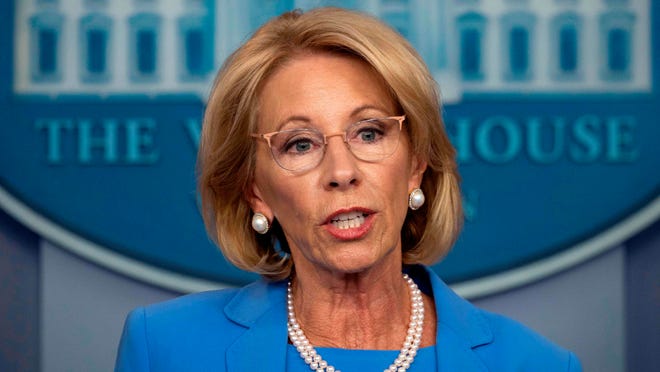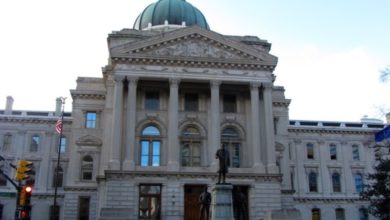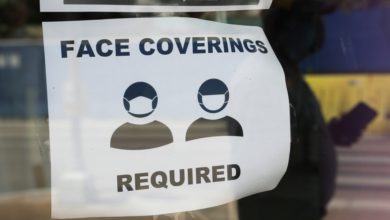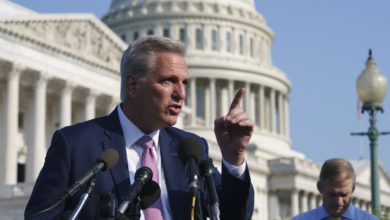
President Donald Trump urged a Georgia election investigator to "find the fraud" in a phone call last month, raising new questions about his effort to pressure local leaders to overturn the results of the Nov. 3 election.
Trump called the state’s lead election investigator shortly before Christmas as officials were looking into allegations of fraud in Cobb County. The call was first reported by The Washington Post, which did not identify the name of the investigator.
A Georgia official speaking on the condition of anonymity to discuss internal matters confirmed the details of the call to USA TODAY.
Former prosecutors said the call appeared to open yet another potential legal challenge for the president, who has less than two weeks left in office.
"Trump’s efforts look criminal on their face, but proving his state of mind will be tricky because his state of mind is rather complicated," said Renato Mariotti, a former federal prosecutor. "Whether a prosecution could be made would depend on the evidence of Trump’s intent and knowledge during these conversations."
It was only the latest indication of the president’s effort to lean on local officials to overturn President-elect Joe Biden’s win. Trump separately pressed Georgia Secretary of State Brad Raffensperger to "find" enough votes to reverse his loss in a phone call revealed last weekend.
The White House did not respond to requests for comment from USA TODAY.
"So look, all I want to do is this: I just want to find 11,780 votes, which is one more than we have. Because we won the state," Trump told Raffensperger according to audio of that call, which took place on Jan 2.
Trump’s "find the fraud" call took place on Dec. 23, after Raffensperger had initiated an investigation into Republican claims that officials in Cobb County accepted mail ballots with improper signatures, the Post reported. Officials finished the audit in December, finding two mismatched signatures.
'Deeply troubling':Rep. Liz Cheney upset by Trump Georgia call, urges people to listen to full hour
Trump’s pressure campaign also appeared to extend beyond the Georgia Secretary of State’s office. White House officials pressed for the U.S. Attorney in Georgia to resign over concerns he wasn’t aggressively investigating the president’s evidence-free claims of voter fraud, the Wall Street Journal reported Saturday.
A source with knowledge of the situation told USA TODAY on the condition of anonymity to discuss internal matters that the Trump-appointed prosecutor, Byung Pak, expedited his departure after the president made reference to him during the Jan. 2 phone call with Raffensperger. Trump complained during that call that Pak was a "never Trumper."
White House officials did not respond to a request for comment about Pak, who resigned a day before the pivotal Senate runoff elections in the state. Democrats won both of those elections, handing the party control of the Senate.
Trump has publicly disparaged election officials in Georgia and other states, blaming his loss on widespread voter fraud. But the Justice Department found no evidence and Trump’s effort to take his case to court has repeatedly failed.
Following the violence that erupted at the U.S. Capitol on Wednesday, Trump acknowledged for the first time this week that Biden had won and that he would be leaving the White House on Jan. 20. But that declaration wouldn’t absolve him from an investigation into the pressure campaign, experts say.
Georgia secretary of state:My family voted for Trump. He threw us under the bus anyway.
Legal experts said Trump’s effort to intervene in an investigation could amount to obstruction of justice. Nick Akerman, a former federal prosecutor and member of the Watergate prosecution team, said that the latest call appeared to be "blatant obstruction," and compared the separate call with Raffensperger to the kind of intimidation often embraced by the mob.
Akerman added that whether prosecutors pursue a case would likely depend on the entirety of the call’s contents. Unlike the call with Raffensperger, audio of the conversation with the Georgia investigator has not been made public.
Source link









